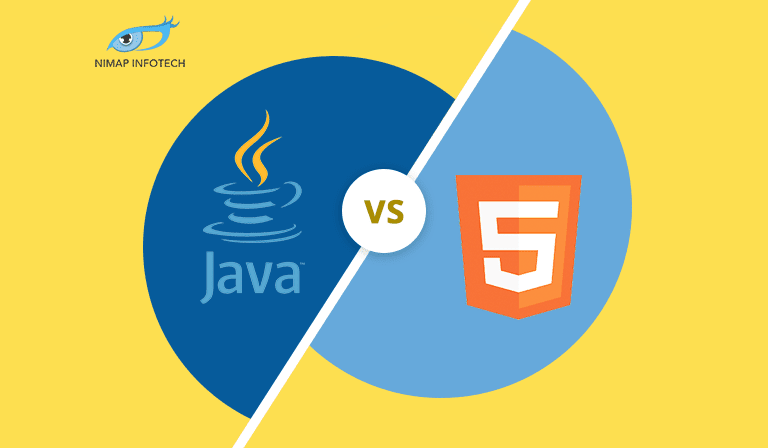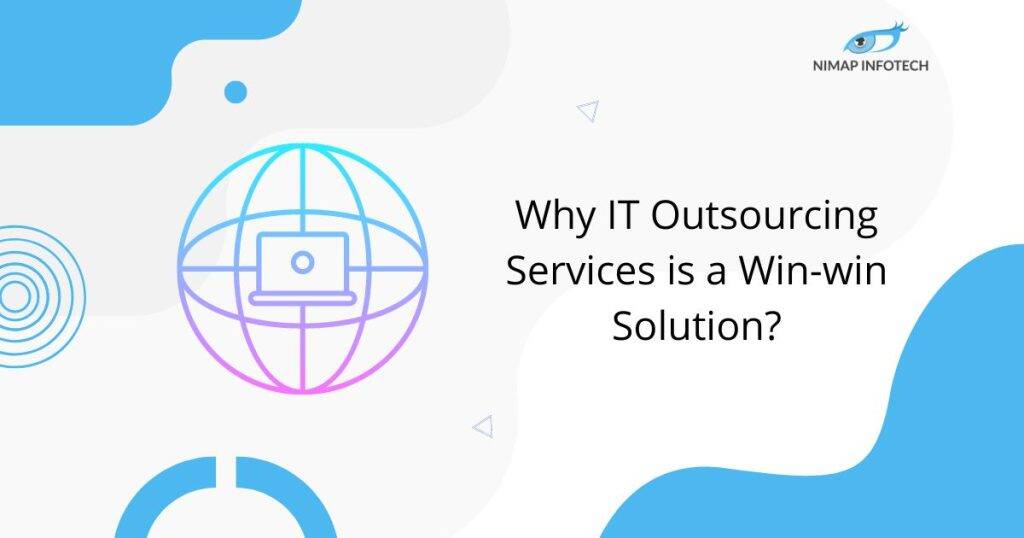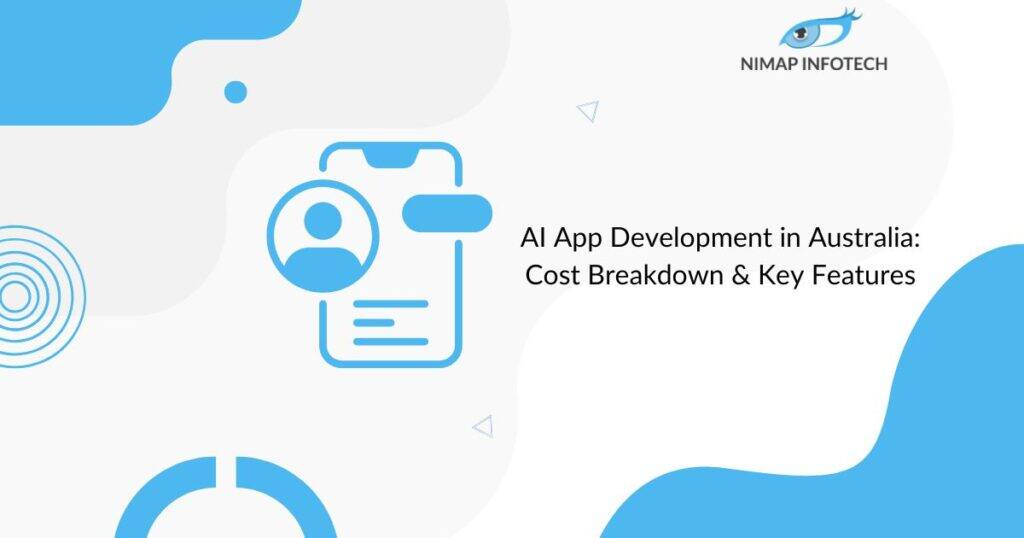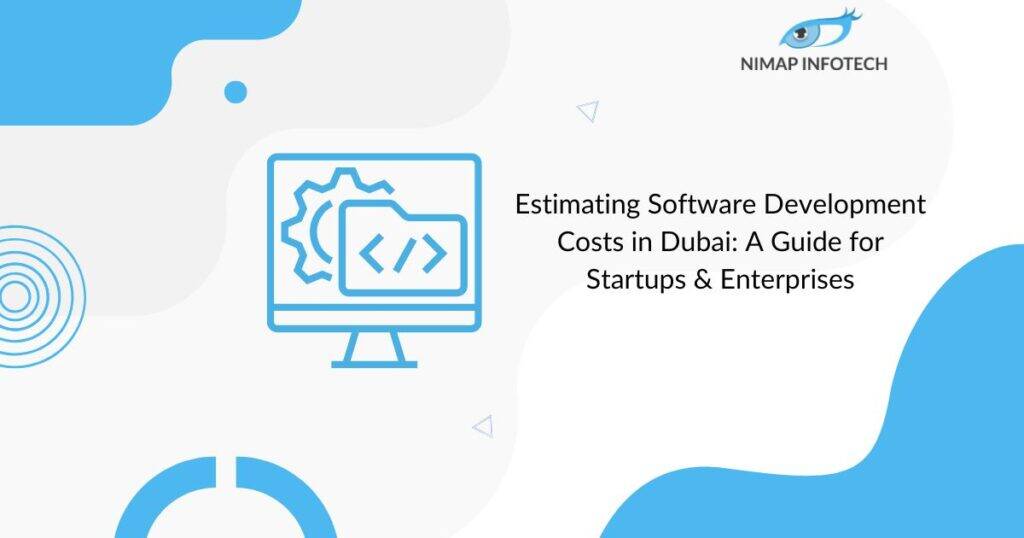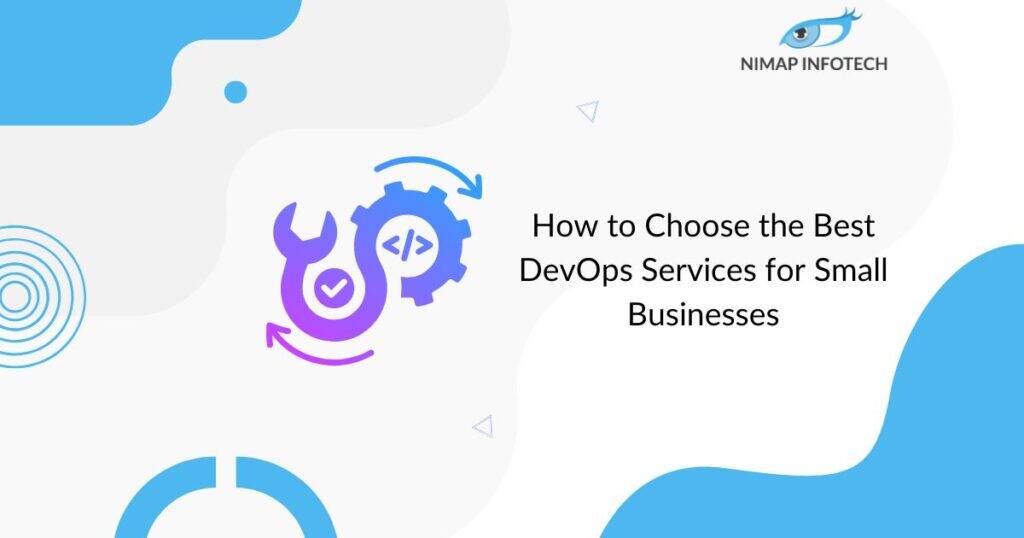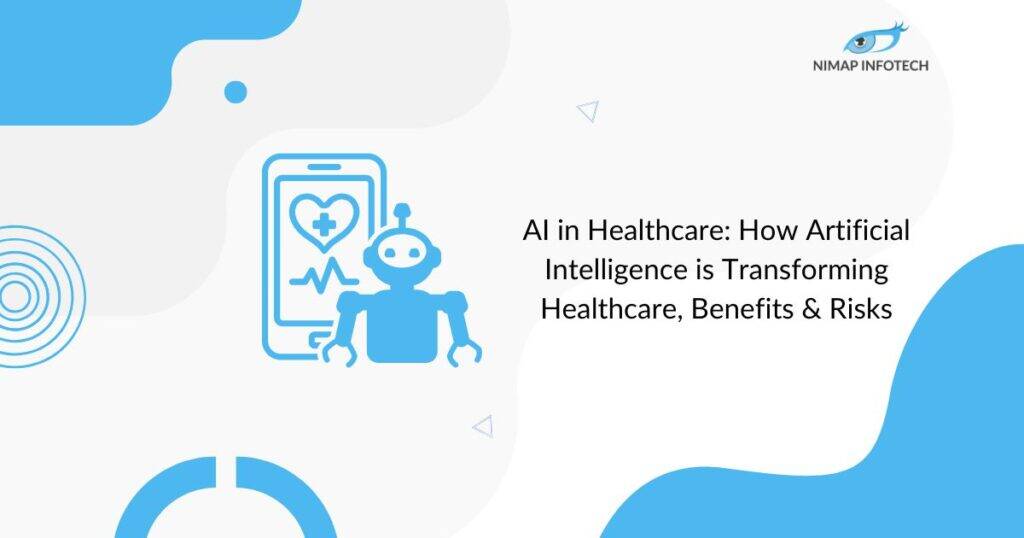- Recently there has been a major boom in developing technologies that serve to solve a particular computing problem.
- After the dot COM bubble, there has been a major outburst in emerging IT technologies that support Web Server as well as Desktop based application programming. Every Programming language solves a particular computing problem
- Here in this article, we will have a look at the distinct features of two of the most popular Desktop application programming as well as Web Programming languages available to us today.
Table of Contents
ToggleWhat is Java?
It is a General Purpose Language. It is also a class-based programming language that supports Object-Oriented Programming. And is also a platform independent language which means it can run on any platform.
Java requires a JVM (Java Virtual Machine) for running applications. Because of JVM, Java gets its platform Independency feature. It has minimal dependencies to run. It is a compile-once-run-anywhere language, and this means that you don’t have to recompile the language again and again.
Java runs on an Object-based model and encourages code reusability and extensibility.
The main problem addressed by the Java language is platform independence. How to bring the feature of platform independence and implement it in a programming language. The inventors did this by bringing the concept of Java Virtual Machines (JVM).
Future Reading: JAVA vs PHP performance
Let us have a look at the different features of Java. What makes Java the language that it is today?
- Java is simple and easy to learn. Users with little or no programming background can easily learn the language concepts and start implementing it in their programs.
- It is platform independent which means that Java programs can be run and executed on any platform.
- It is a secure language. Java has secured memory accessibility structure.
- Java is portable.
- It is an architecturally neutral language, this means that Java does not know the details of the architecture of the platform it is running on.
- Java programs are multi-threaded. This feature allows developers to design programs that can run uninterrupted and smoothly
- The Just in Time compiler enables Java to provide high-performance applications.
- It is considered to be a much more dynamic language than any other language such as C or C++.
- It is a distributed language. Java is made for the Internet.
I would also recommend you to check out my popular post:
JavaScript Trends in 2019 for Modern Web Applications
What is HTML5?
HTML5 is the newest revision to HTML markup language. Web browsers support HTML5. Browsers can only understand HTML. Browsers receive the HTML code in response to a server web page request.
HTML5 brings the following types of content:
- Videos that can be used to display videos inside web-pages,
- Figures which can be used to display visual content like images or photographs, diagrams, illustrations, code snippets, etc,
- Nav elements work similar to ordered or unordered lists that can be used to link to parts of the webpage or can be linked to other web pages,
- Section tags that can be grouped into particular sections
- The header tag which can be used to provide introductory elements to web pages such as logos, navigation or a form to be searched for.
- The footer tag which can be used to provide social media links, copyright information or additional site navigation items
HTML adds structure to a web document. Along with the CSS to style the document and JavaScript to add user and document interactivity to it
To sum up, HTML5 is a Browsers language. Any Internet browser can understand HTML. There are many technologies that provide server-side processing as a result of input for the user’s data and provides HTML as an output of processing.
Comparison
Here is a raw comparison between the programming capabilities of these two languages.
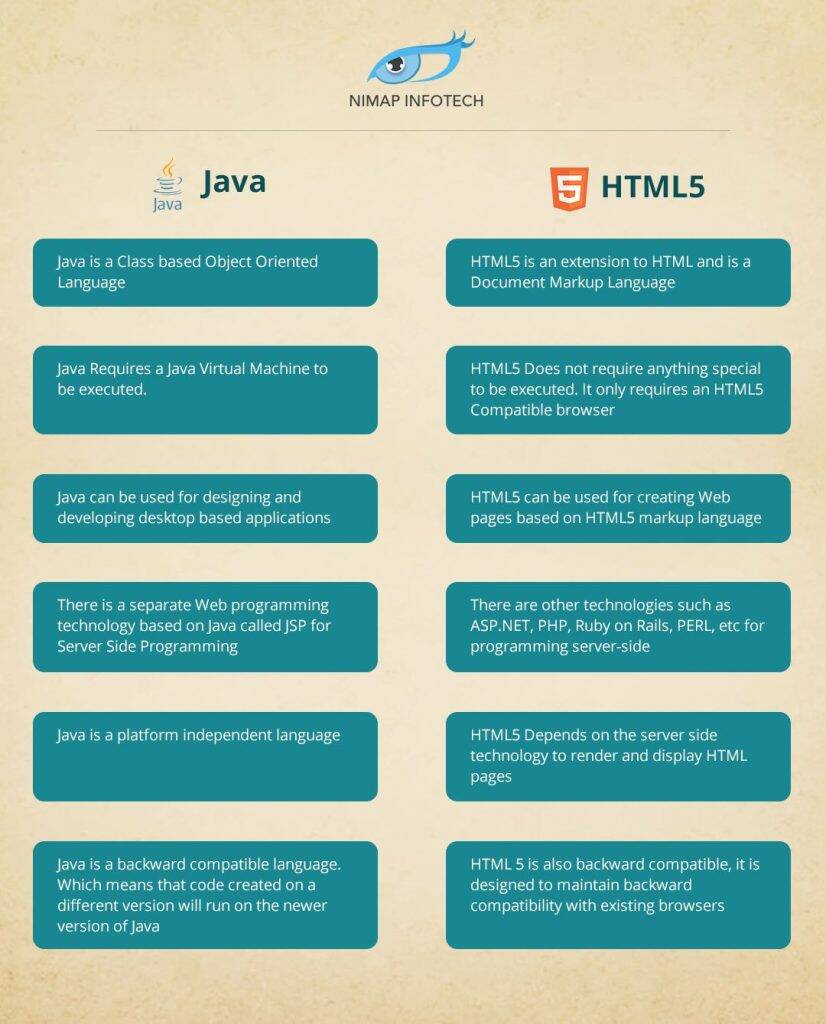
Conclusion:
- We have seen and understood the major differences between these languages. We have also seen the features of these languages.
- Although these languages are used for different applications altogether, it is worthwhile knowing where to use which language.
- Since there may be different environmental applications that may be suited for each language. And a different environment would demand a different language.
- We hope you liked this article and have enjoyed reading it. If you have found this article informative, do check out our other posts.
- If you are thinking to Hire HTML developers, or to Hire Java developers, do contact us, we have a strong back end team that will assist you in designing and solving your computing problems.
Author
-

Sagar Nagda is the Founder and Owner of Nimap Infotech, a leading IT outsourcing and project management company specializing in web and mobile app development. With an MBA from Bocconi University, Italy, and a Digital Marketing specialization from UCLA, Sagar blends business acumen with digital expertise. He has organically scaled Nimap Infotech, serving 500+ clients with over 1200 projects delivered.
View all posts

